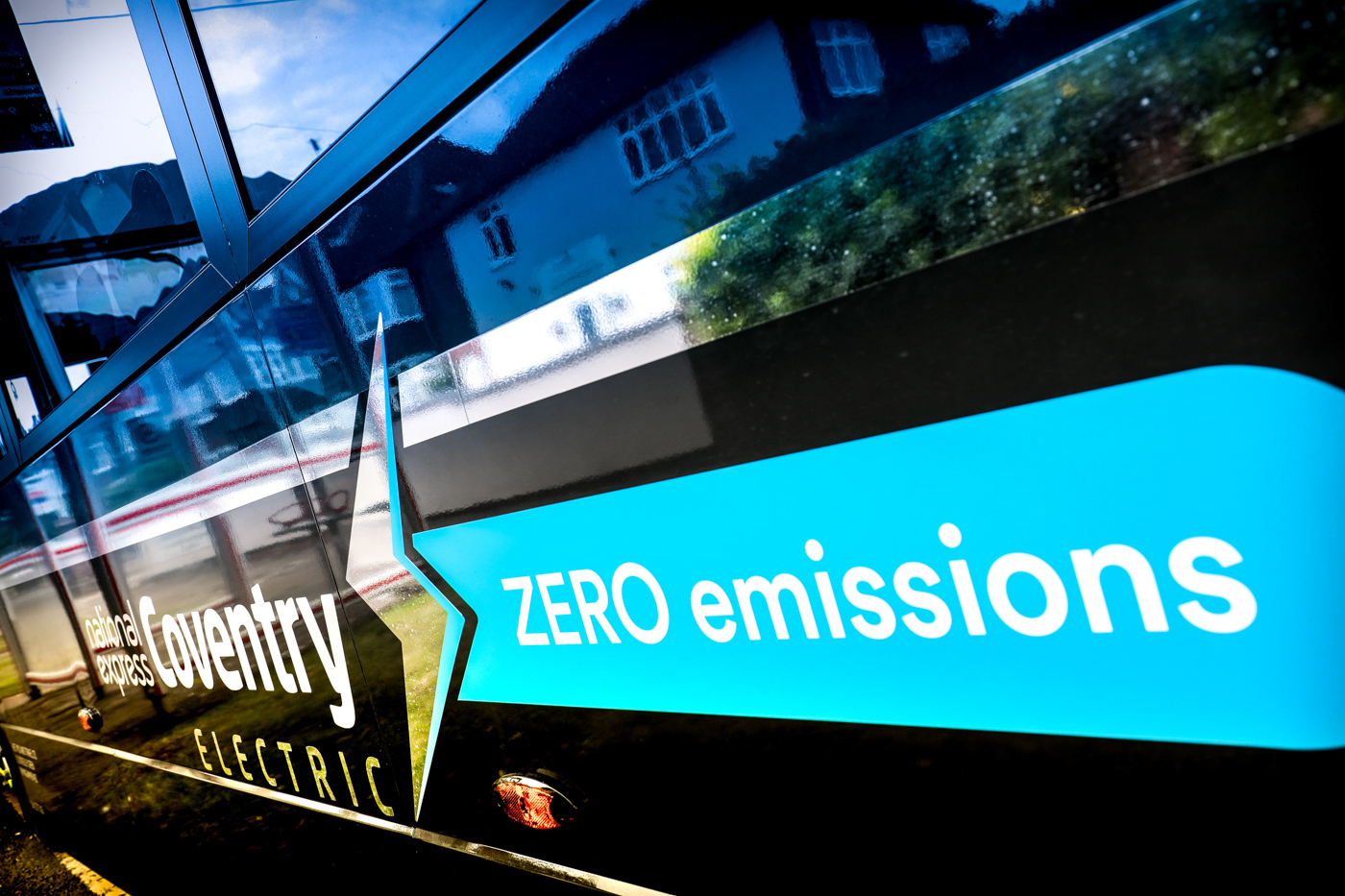June 17 2021
Ali Bell, National Express’s Head of External Communications, looks at the benefits of bus and coach travel and how more people getting on board can improve air quality.
The focus of 2021’s #CleanAirDay is “Let's protect our children's health from air pollution.”
This sounds like a no-brainer, right? Protecting kids from breathing dirty air? The kind of thing we’d normally be reading about in some faraway developing country? Indeed, the UN Convention on the Rights of the Child states that “Children have the right to...a clean and safe environment to live in.”
This got me thinking about childhood - and two bouffant blondes who were very influential during my own 1980s childhood.
Margaret Thatcher, who allegedly said that “a man who, beyond the age of 26, finds himself on a bus can count himself as a failure.”
And Lady Penelope, posh secret agent puppet who gets driven everywhere by her Cockney chauffeur, Parker.
The quickest, cheapest and easiest way to clean up the air that our children breathe is to persuade more people to stop driving themselves around and get them into - maybe not a pink Rolls-Royce - but a beautiful top-spec vehicle driven by a loyal uniformed professional.
Diesel cars are the biggest contributors to NOx pollution from road transport, accounting for 71% of emissions, compared with just 6% for buses and coaches.
A new double decker bus that carries 95 passengers creates less pollution than a diesel car that can only carry 5 passengers - but usually only carries one person.
Fewer vehicles on our roads will also make our towns and cities safer to walk and cycle around - as well as nicer to sit about in, drinking Lady Penelope’s favourite drink (tea, obvs).
A recent survey by the organisers of Clean Air Day, Global Action Plan, and Blueair, found that 42% of British children worry about air pollution. (57% of them are currently worrying about Covid-19.) The survey also revealed that only 24% of children in the UK agree that adults are doing enough to reduce air pollution.
So if we could all be a bit more Lady P and a bit less Lady T, that would be FAB.
